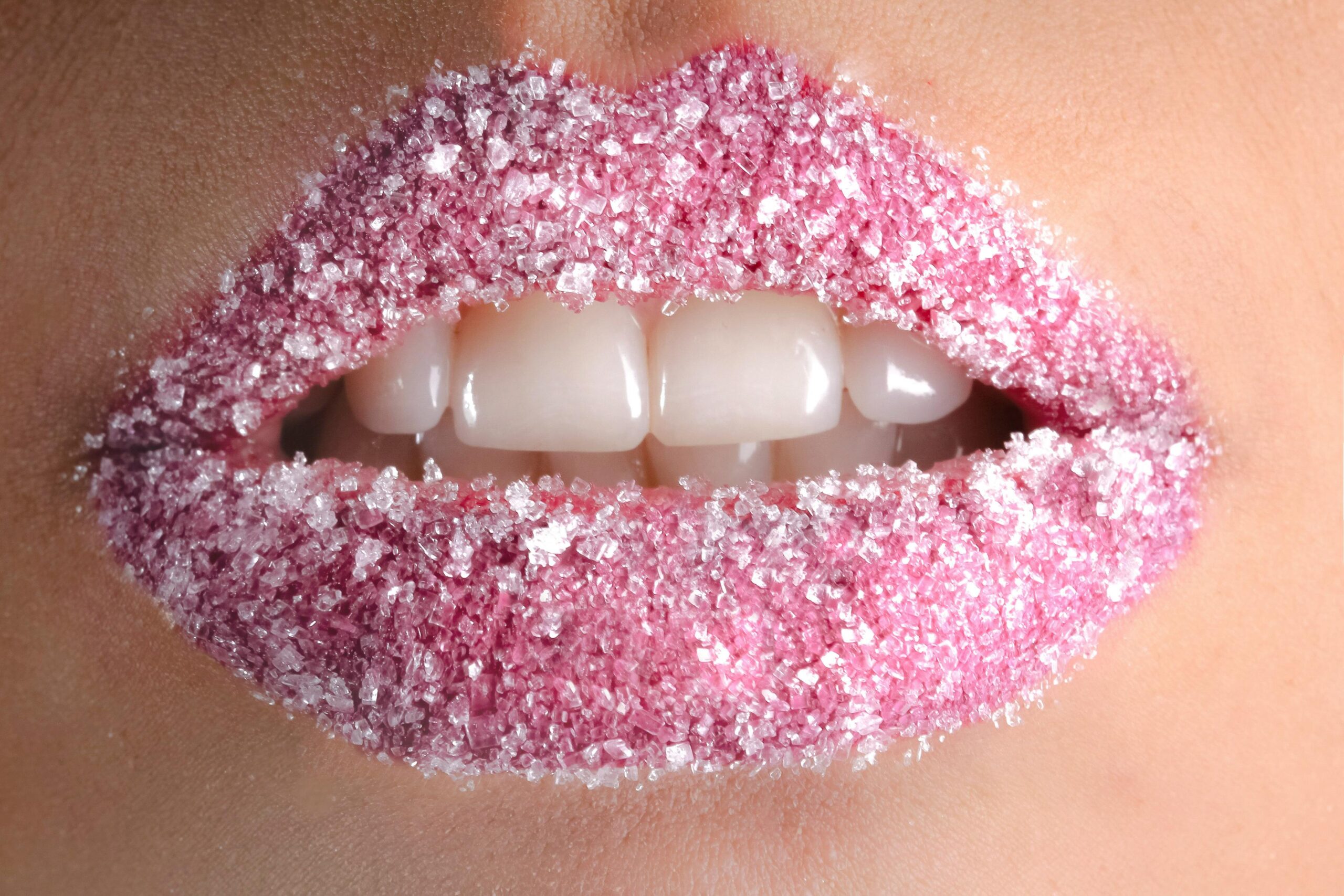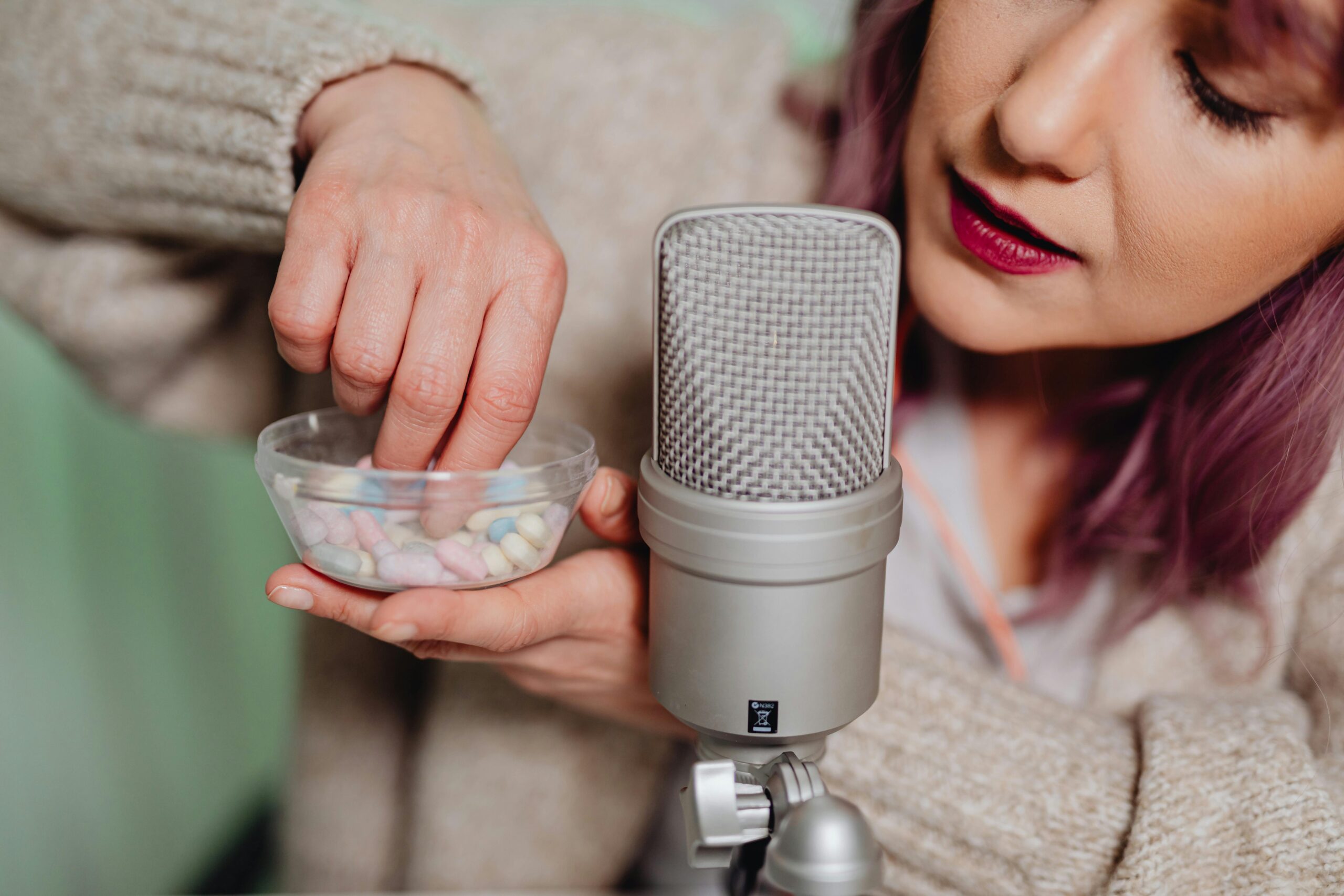In today’s world of beauty and skincare, many people are mindful of what they eat and how it affects their appearance. One common claim is that eating too much sugar can accelerate skin aging. But is there any truth to this? Let’s explore the science behind sugar consumption and its impact on the skin.
The Science Behind Sugar and Skin Aging
Sugar, particularly in high amounts, can contribute to premature aging through a process called glycation. This occurs when sugar molecules bind to proteins such as collagen and elastin, which are responsible for keeping our skin firm and youthful. When glycation happens, it produces advanced glycation end products (AGEs), which weaken collagen and elastin, making the skin more prone to wrinkles, sagging, and a dull appearance.
How Sugar Damages the Skin
- Breaks Down Collagen and Elastin – Glycation damages these essential proteins, reducing skin elasticity and leading to fine lines and wrinkles.
- Increases Inflammation – Excess sugar consumption triggers inflammation, which can worsen skin conditions such as acne, rosacea, and puffiness.
- Oxidative Stress – High sugar intake contributes to oxidative stress, which accelerates the breakdown of skin cells and makes the skin look older.
- Affects Hydration – Diets high in sugar can lead to dehydration, making the skin appear dry and lackluster.
Ways to Protect Your Skin from Sugar Damage
If you’re concerned about the effects of sugar on your skin, here are some steps you can take:
- Reduce Sugar Intake – Cut down on processed and refined sugars found in sweets, sodas, and baked goods.
- Eat Antioxidant-Rich Foods – Include fruits, vegetables, nuts, and green tea in your diet to help combat oxidative stress.
- Stay Hydrated – Drinking plenty of water keeps the skin hydrated and helps flush out toxins.
- Use Skincare with Anti-Glycation Properties – Look for skincare products with ingredients like vitamin C, retinol, and niacinamide to help protect against glycation.
- Exercise Regularly – Physical activity improves blood circulation, helping to keep skin healthy and glowing.
Conclusion
Your friend is absolutely right! Eating excessive sugar can contribute to premature skin aging by damaging collagen and elastin, increasing inflammation, and promoting oxidative stress. While occasional indulgence is fine, maintaining a balanced diet and healthy lifestyle can go a long way in keeping your skin youthful and radiant.
So, next time you reach for that extra piece of cake, you might want to think twice—not just for your waistline, but for your skin too!




